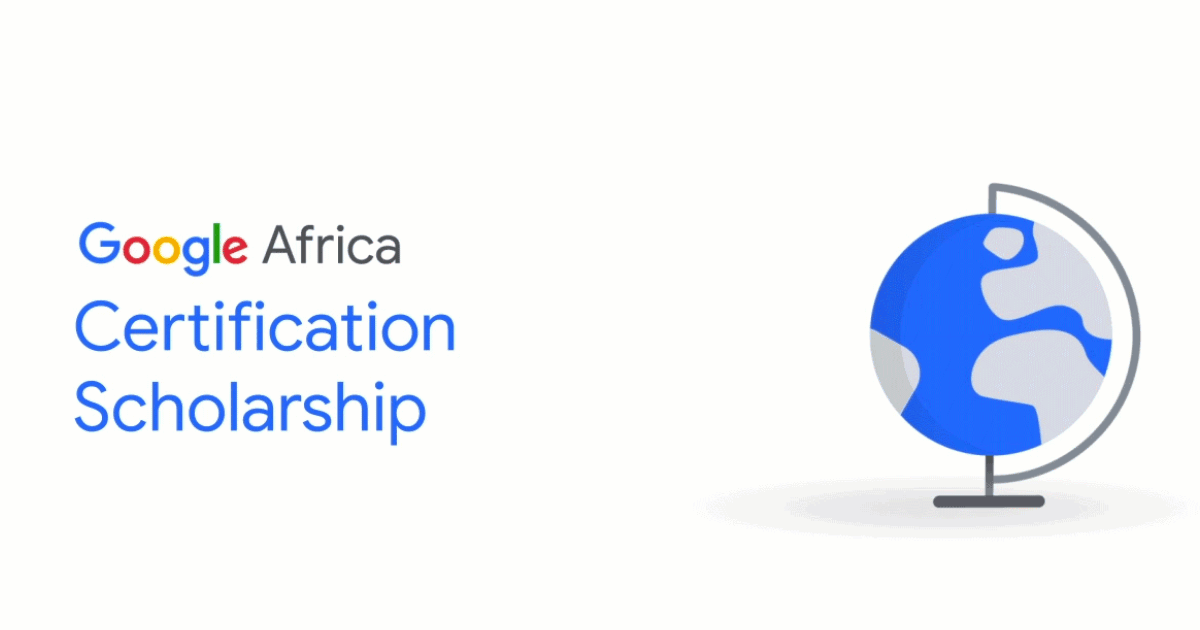To kick off this year’s Google I/O, we hosted our fourth annual Google Play Award ceremony to recognize the most innovative developers behind the top apps and games on Google Play over the past year. These apps and games had stiff competition across nine categories, including new additions like Most Inventive, Best Living Room Experience and Most Beautiful Game. We’re sharing the winners that rose to the top for providing the best experiences for fans, making an impact on their communities and raising the bar for quality content on Google Play.
Standout Well-Being App
Apps empowering people to live the best version of their lives, while demonstrating responsible design and engagement strategies.

Woebot: Your Self-Care Expert by Woebot Labs
Best Accessibility Experience
Apps and games enabling device interaction in an innovative way that serve people with disabilities or special needs.

Envision AI by Envision Technologies BV
Best Social Impact
Apps and games that create a positive impact in communities around the world (focusing on health, education, crisis response, refugees, and literacy).

Wisdo by Wisdo LTD.
Most Beautiful Game
Games that exemplify artistry or unique visual effects either through creative imagery, and/or utilizing advanced graphics API features.

SHADOWGUN LEGENDS by MADFINGER Games
Best Living Room Experience
Apps that create, enhance, or enable a great living room experience that brings people together.

Neverthink: Handpicked videos by Neverthink
Most Inventive
Apps and games that display a groundbreaking new use case, like utilize new technologies, cater to a unique audience, or demonstrate an innovative application of mobile technology for users.

Tick Tock: A Tale of Two by Other Tales Interactive
Standout Build for Billions Experience
Apps and games with optimized performance, localization and culturalization for emerging markets.
Best Breakthrough App
New apps with excellent overall design, user experience, engagement, retention and strong growth.

SLOWLY by Slowly Communications Ltd.
Best Breakthrough Game
New games with excellent overall design, user experience, engagement, retention and strong growth.

MARVEL Strike Force by FoxNext Games
To check out this year’s winners, head over to play.google.com/gpa2019.











